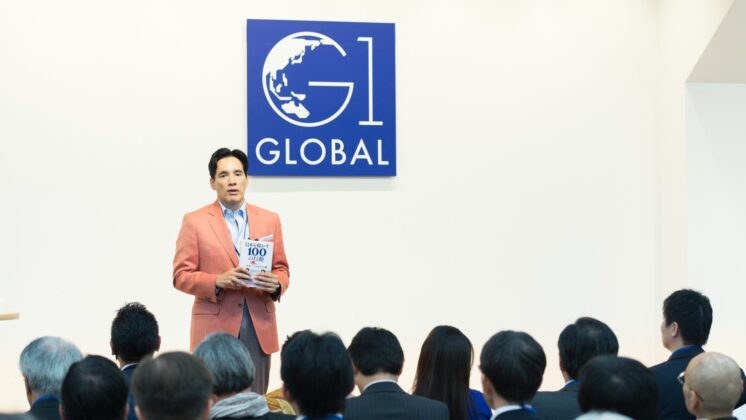Following the Great East Japan Earthquake, a total of 163 countries and regions, 43 organizations and more than 670 NGOs announced that they would provide Japan with support. This can be viewed as an expression of approval and gratitude for Japan’s long years of official development assistance (ODA) and other forms of international cooperation. However, Japan’s ODA budget, which maintained the rank of world No. 1 for eight years from 1993, has dropped to fifth place at present. ODA is without doubt a powerful force for Japanese diplomacy and therefore should be increased.
1. Actively Review and Restructure Official Development Assistance Strategies!
Japan’s ODA faces an increasingly harsh domestic environment, which reflects both budgetary challenges and weak support from the general public. However, ODA is, without doubt, a powerful force for Japanese diplomacy. To enhance this “ODA power,” it is necessary to (1) develop ODA strategies, (2) establish a command center, (3) earmark necessary budgets, and (4) obtain public understanding and support for implementation.
Firstly, strategy. A grand design and strategies for ODA should be formulated as part of a comprehensive package of strategies for national security, trade, finance and foreign relations. After I proposed the necessity of ODA strategies in 100 Actions, the government discussed their development. In February 2015, the Comprehensive ODA Strategy was approved by the Japanese Cabinet. Major points of the strategy are (1) lifting of a ban on assistance to foreign military forces for non-combat purposes, which had been avoided, (2) lifting of a ban on cooperation with the Middle East and other countries with high income levels, and (3) cooperation beyond the ODA framework, such as cooperation with private sector investments. It is hoped that, under these strategies, ODA that is consistent with Japan’s national interests will be achieved.
2. Establish an International Cooperation Agency (tentative name)!
To ensure the development and implementation of strategies, Japan should consider establishing an International Cooperation Agency (tentative name) as a centralized command post. Leading countries of the world have created centralized organizations (command posts) for overseeing international cooperation, including the Agency for International Development at the U.S. Department of State, Germany’s Federal Ministry for Economic Cooperation and Development, and Britain’s Department for International Development. By contrast, Japan has a total of 12 government ministries and agencies involved in ODA besides the Ministry of Foreign Affairs. There is no centralized framework for policy, budgeting and authority, which is an issue that needs to be addressed. In order to achieve the strategic use of ODA, the International Cooperation Agency should be established as a command post.
3. Increase the ODA budget!
The ODA budget in the Japanese general account for 2014 was 550.2 billion yen, or about 0.5% of the overall budget. This means that cutting the ODA budget cannot contribute significantly to restoring fiscal soundness. A far greater concern is the possible negative impact of further reductions in ODA disbursements on diplomatic policies and Japan’s presence in the international community.
While the ODA/GDP ratio of Japan is 0.17, those of the United States, the United Kingdom, France and Germany are 0.19, 0.56, 0.45 and 0.37, respectively. This indicates that the amount of ODA provided by Japan is less than half of that given by developed nations in Europe. Therefore, on the condition that ODA efficiency is increased and disclosure of ODA-related information is promoted to secure public understanding and support, a political commitment should be made to increase the ODA budget. In addition, other sources of funds should be actively utilized in contributing to the economic advancement of developing countries in a comprehensive manner. Such funds include private-sector funds, equity investments and loans by the Japan Bank for International Cooperation (JBIC), and the trade and investment insurance facilities of Nippon Export and Investment Insurance (NEXI).
4. Inform the Public of the Aims and Importance of ODA!
The Japanese public’s view of ODA has become harsher and harsher every year. There are however many cases where commemorative stamps and bills have been issued by recipient countries in respect for Japanese ODA. In order to gain better understanding from the public, it is requested that information on ex-ante assessments, progress updates and ex-post evaluations of all aid projects be disclosed on official websites.



